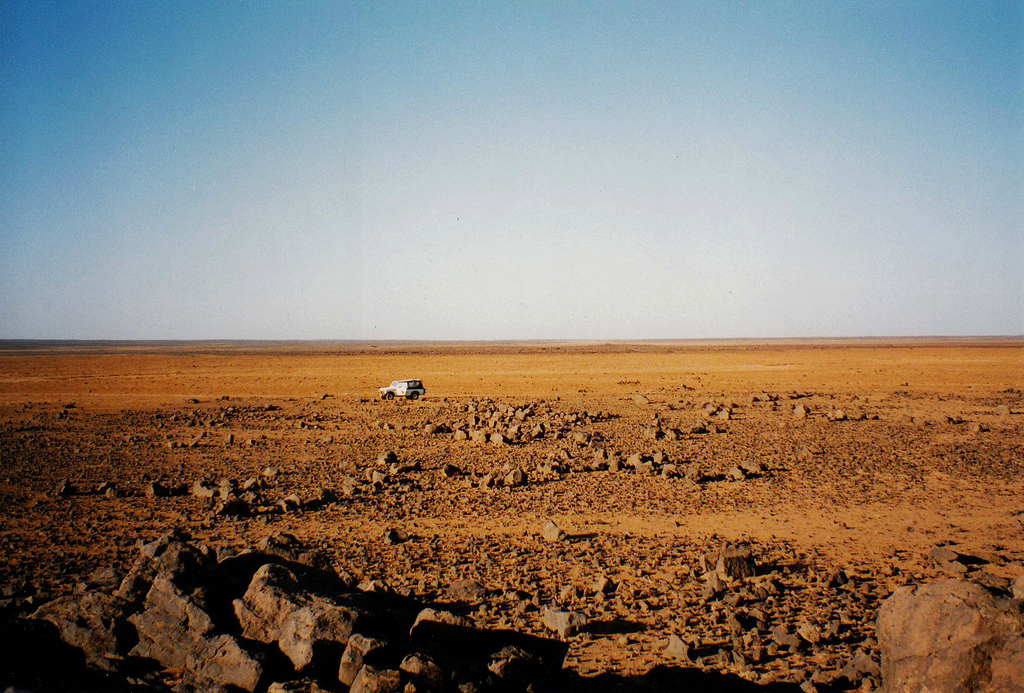Jordans Al-Hussein Bin Talal University and the Jordanian FB Group have signed an agreement to develop a 3 MW net metering system located in the university campus, about 9 km from the southern city of Maam and 210 km from the capital city, Amman.
That news would not be considered groundbreaking, given the countrys academic institutions tested leadership to install solar PV in their rooftops and lands. pv magazine has published a detailed list of ongoing university PV projects in Jordan.
However, the Al-Hussein Bin Talal University net metering system is the first of its kind in the Middle East and Northern Africa (MENA) region that is based on the design, build, operate and transfer (DBOT) model.
In practice, this means the 3 MW PV installation will be developed and owned by the FB GROUP, with the ownership being transferred to the university only after 10 years.
Dr Firas Balasmeh, president and CEO of the Amman-headquartered FB Group, confirmed the news to pv magazine, saying that “the project will be fully financed by the Jordan Commercial Bank, where the agreement duration is 10 years, during which the plant will be owned by FB GROUP, and then the ownership will be totally transferred to the university.
“Following 10 years of operation, the Al-Hussein Bin Talal University will buy the net metering installation for 1 JD only,” Balasmeh added.
Usually all net metering projects are engineering, procurement and construction (EPC) projects and not DBOT, Balasmeh expanded. However, by utilizing the DBOT model, the university will start paying the FB Group only after the full operation of the station, and by the end of the first month, for 10 years only. At that point it will own the system, which will enable it to achieve substantial annual savings in electricity expenses both prior and after the PV system ownership.
Project equipment
Balasmeh said the 3 MW project, which will cover a university area of approximately 55,000 square meters, will use JinkoSolar PV modules, ABB string inverters, steel structures from Germanys Schletter, AC and DC cables from Jordans Cableco, and control and data acquisition (SCADA) solutions from the U.S:s Campbell Scientific.
In addition to building the net metering plant, the FB Group has decided to build and donate to the Al-Hussein Bin Talal University the following systems aimed at assisting its research work: a weather station with all related components (also provided by Campbell Scientific); and equipping the universitys Energy Centre.
Apart from the net metering system, the Al-Hussein Bin Talal University is also planning to start building a 50 MW solar PV plant in 2016 on university land and in cooperation with the FB Group.
This content is protected by copyright and may not be reused. If you want to cooperate with us and would like to reuse some of our content, please contact: editors@pv-magazine.com.


1 comment
By submitting this form you agree to pv magazine using your data for the purposes of publishing your comment.
Your personal data will only be disclosed or otherwise transmitted to third parties for the purposes of spam filtering or if this is necessary for technical maintenance of the website. Any other transfer to third parties will not take place unless this is justified on the basis of applicable data protection regulations or if pv magazine is legally obliged to do so.
You may revoke this consent at any time with effect for the future, in which case your personal data will be deleted immediately. Otherwise, your data will be deleted if pv magazine has processed your request or the purpose of data storage is fulfilled.
Further information on data privacy can be found in our Data Protection Policy.